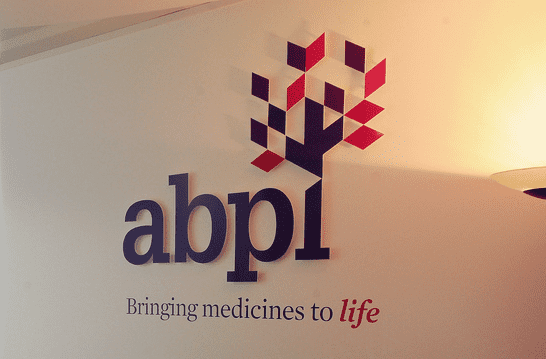
Sluggish growth forecast concerns ABPI
pharmafile | July 3, 2012 | News story | Sales and Marketing | ABPI, NHS, OHE, VBP, government
New forecasts suggest that spending on branded drugs may fall in real terms by 2015, leading the ABPI to call for better investment in new medicines.
This estimate comes from a new report: ‘UK NHS Medicines Bill Projection 2012 – 2015’, by the Office of Health Economics, commissioned by the ABPI.
The OHE is closely linked to the ABPI as it recieves regular funding from the industry body. The ABPI has asked for these figures ahead of its key pricing negotiations with the government in autumn.
The OHE’s research found that while the total amount spent on the NHS is set to rise by 2.5% a year between 2011 and 2015, spending on new branded medicines will rise by just 1.3% annually.
It forecasts a slight growth in total spending on medicines from 3.5% (the figure for 2007 – 2011) to 3.7% per year up to 2015, which is driven by an increase in the proportion spent on generic medicines.
The figures also predict that in three years’ time medicines launched between 2012 and 2015 will account for less than 2% of total spending on medicines.
The ABPI adds that the NHS will save £3.4 billion between 2012 and 2015, as the loss of patent protection for large blockbuster drugs – such as Pfizer’s Lipitor and AstraZeneca’s Seroquel – start to kick in.
Stephen Whitehead, chief executive of the ABPI said: “This report spells out the very good value for money that the NHS derives from our medicines and shows the system is achieving huge savings from medicines coming off patent.
“But I am deeply concerned that these savings are not being reinvested back into the system because these figures show our spending on the newest and most advanced medicines is declining in real terms.
“This spells bad news for the discovery of new life saving medicines and ultimately the health and well-being of UK patients.”
Health Minister Lord Howe said: “The OHE’s forecast confirms that resources will be freed up over the coming years as a significant number of medicines come off patent. These funds will be available to spend on the most effective treatments – whether medicines or otherwise.
“Although it is not surprising for the industry to warn that spending on their own medicines may decline, we are determined to ensure patients continue to get access to the newest drugs at a price which represents value to them and to the taxpayer. That is why we will shortly begin negotiations with the industry on a new value-based pricing scheme.”
VBP negotiations
This report has been published as the ABPI gears up to start its new pricing negotiations with the government this autumn.
The government is looking to replace the current PPRS scheme with Value-Based Pricing, but the ABPI wants a more watered-down form of this, and will be negotiating hard in the coming months.
The ABPI recently told a PR Week conference that it was looking to be more vocal on the big issues, and this may be an example of his newfound confidence.
The UK pharma group will use this report to show the government just how much it can save without having to lift a finger, whilst also reminding it that re-investment is essential for the industry, if it is to thrive in the UK and beyond.
Whitehead said: “Looking ahead, as we start to prepare for negotiations with government on the next medicines pricing scheme, we need to see our medicines rewarded for the high risk and cost of research and development.
“And once medicines are ready for use by patients, we want them available on the NHS as quickly as possible so as many patients as possible can reap the health benefits.”
Ben Adams
Related Content

Digital mental health technologies – a valuable tool in supporting people with depression and anxiety
The potential benefits of digital mental health technology for managing depression, anxiety and stress, together …

A community-first future: which pathways will get us there?
In the final Gateway to Local Adoption article of 2025, Visions4Health caught up with Julian …

The Pharma Files: with Dr Ewen Cameron, Chief Executive of West Suffolk NHS Foundation Trust
Pharmafile chats with Dr Ewen Cameron, Chief Executive of West Suffolk NHS Foundation Trust, about …






